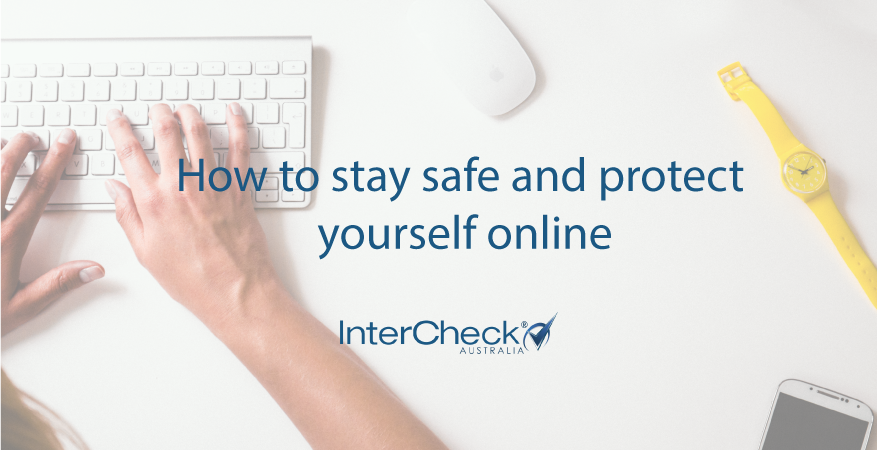
How to Create a Positive Culture Around Police Checks
As a business owner, it is advisable for you to request potential or existing employees to undergo police checks as part of the company’s risk mitigation strategy. At the end of the day, it is your responsibility to protect your employees, clients, and reputation, from individuals who could pose a threat to their safety. Police checks can, however, create an environment of fear and mistrust where your employees might feel uncomfortable. This article will help your organisation create a positive culture around police checks, such that your employees do not feel mistrusted or confronted during the process.
Have a premeditated written policy
Prior to asking your employees to undergo criminal history checks, you should have a general written policy at hand that explains your risk-mitigating motive. A written policy will help your employees understand your point of view as an employer and enable them to treat a police check as a necessary safety precaution for the business, which at the end of the day, would also make them safer in the workplace.
Download the Best Practice Guide to Criminal Record + Free Police Check Policy Template here.
Moreover, a written general policy will make your request for a police certificate seem less personal, and in turn, less confronting. Once your staff members realise that you are not individually targeting anyone because they look ‘like a criminal’, or sound like one and that it is a company-wide practice applicable to others as well, they’re more likely to co-operate with your request.
Explain the requirement and process with sensitivity
For job applicants, it is best practice to state on the job advertisement itself that a police check will be necessary for the role. When informing your existing employees, make it clear that the company will be implementing this practice throughout the organisation, as part of an overall risk-mitigation program. At this stage, supplement the information in your written policy, with a patient and sensitive explanation of what a police check entails, what the repercussions are of having a criminal record, and the reasons behind this practice.
This is a good opportunity to ease your employees’ misguided fears and concerns about the police checking process. It’s possible that some may be unsure about what a police check will reveal about their past, or whether they would lose their jobs for a driving offence that was committed ten years ago. Seize this opportunity to clarify that the mere existence of a criminal record will not automatically affect their employment unless required by law; only offences relevant to the role could affect them, that too, based on a case by case assessment by reliable officers. This article can help you understand more about how to assess an employee’s criminal records based on their inherent risks to the business. Bare in mind that in Australia, in some states such as Northern Territories and Tasmania, employees are protected from discrimination in Employment on Basis of Criminal Record under the Anti-Discrimination Act
Assure your employees that the confidentiality and individual consideration promised in the written policy will indeed be observed and that they will receive the opportunity to explain their circumstances before any adverse decision is made. This open, personal and supportive exchange with employees prior to conducting police checks, should create a more relaxed and positive environment within the workplace.
Have an open door policy and set an example
The best way to create a positive culture in your organisation is to set an example that others can follow. If you, personally, have an open door policy where your employees feel safe to approach you with information about a criminal record, it is likely that other managers and supervisors in your organisation will have a similar leadership style. Try to encourage a culture of open, honest discussions about criminal history and its connection to roles within your business, so that people can willingly disclose their criminal records, if they exist, without feeling the need to hide or be scared.
Moreover, the way you treat other employees with criminal records will also set a precedent in the workplace for how such situations are handled by the business. If employees can see that you are respectful and empathetic of other staff members’ criminal records, even if it means taking an adverse decision, there will be a positive culture of trust and honesty around police checks. Your employees will trust you with their sensitive information and feel trusted in return, even when requested to provide a police check certificate.
In a nutshell, try to have a written policy, to communicate effectively to your employees, to make them feel heard, to explain your motivations clearly, and finally, to make them realise that this is nothing personal! A company-wide police check will only make them safer in their own workplace.










